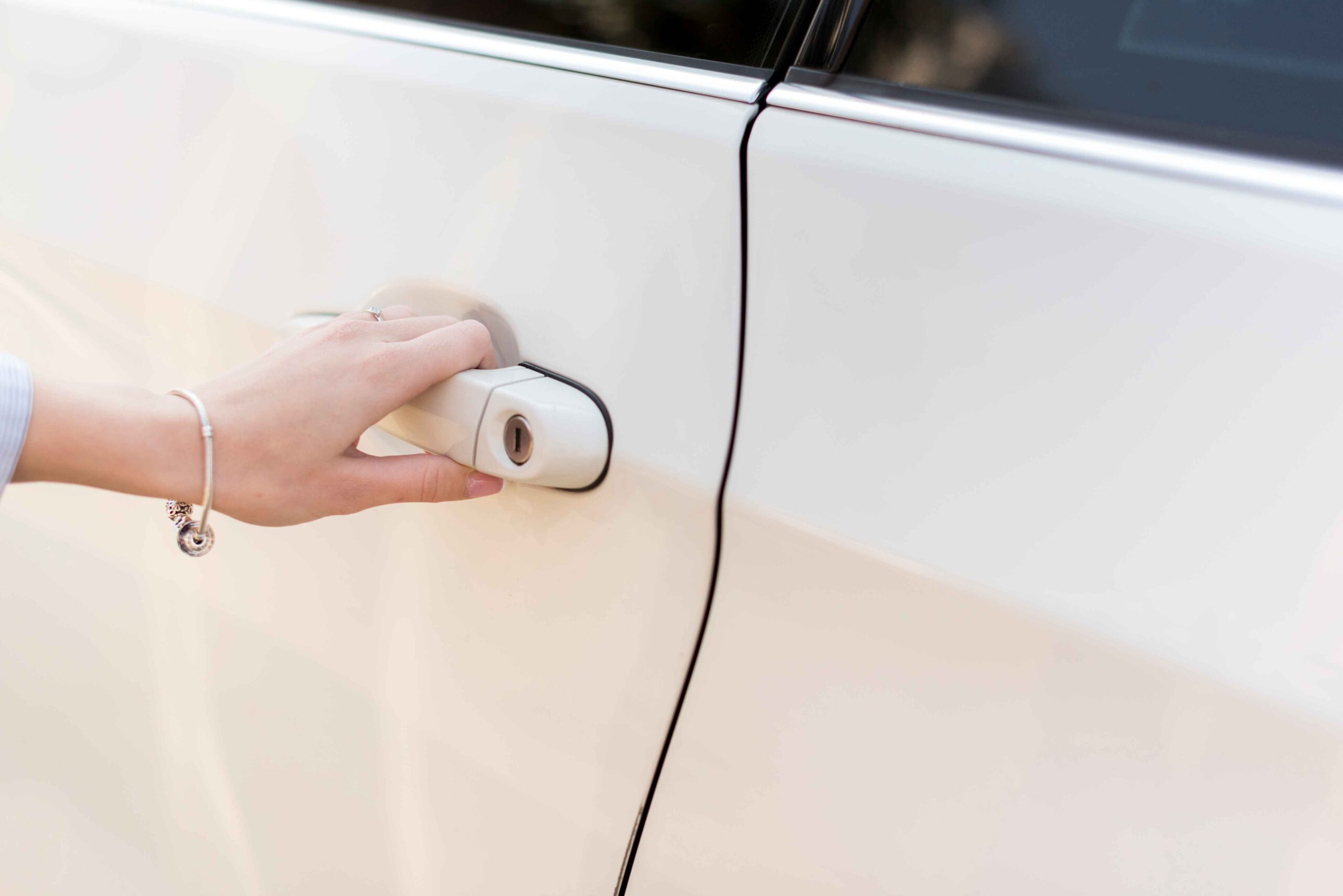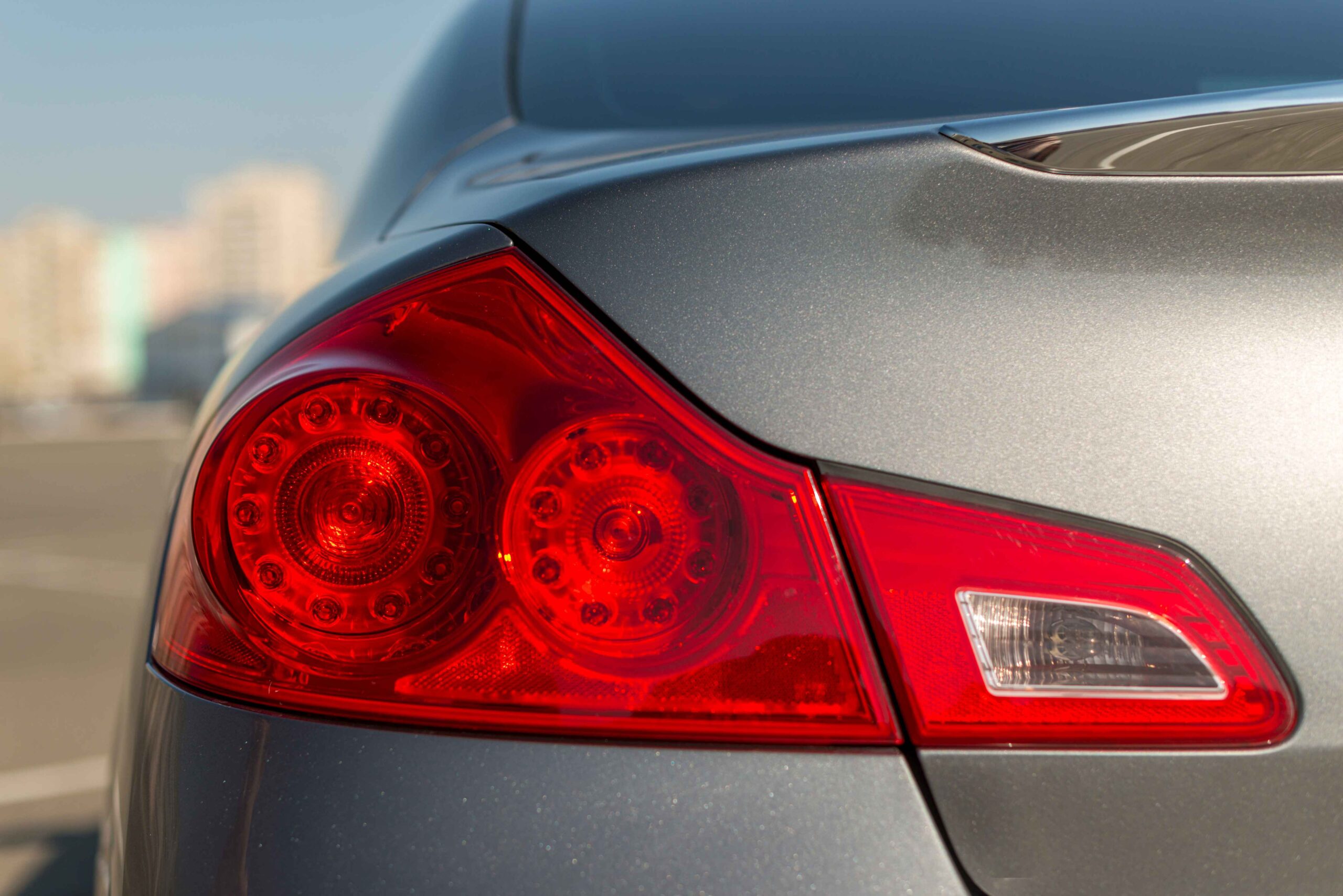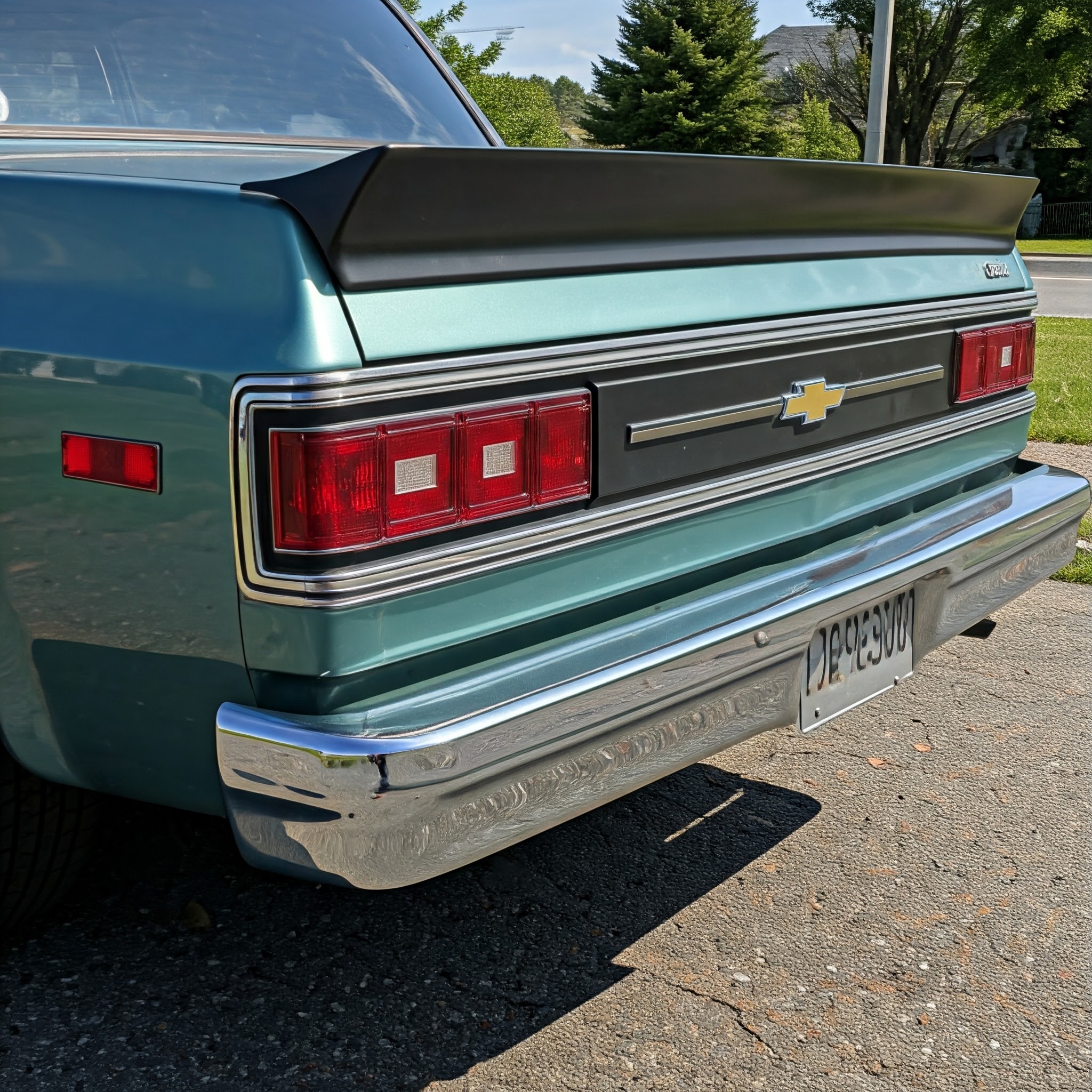Ever wonder why does a car shake when accelerating? It’s a pretty unsettling experience, right? You’re driving smoothly, then you press the gas, and suddenly, the car starts vibrating. It’s not just uncomfortable—it could mean something’s wrong under the hood.
Many drivers face this issue, and it often leads to costly repairs if ignored. So, what’s causing these shakes, and how can you fix them? Let’s dive into the most common reasons and how to solve them.
Why Does a Car Shake When Accelerating?
Before we go deeper into the causes, let’s get straight to the point. Why does a car shake when accelerating?
The most common reasons are misaligned wheels, suspension problems, or engine issues like misfires. Other possibilities include trouble with the exhaust system, wheel bearings, or even your car’s transmission. If left unchecked, any of these problems can get worse over time, leading to higher repair costs.
Could Misaligned Wheels Be the Problem?
One of the top reasons a car shakes when accelerating only is misaligned wheels. Misaligned wheels can cause uneven tire wear, making the car pull in different directions. As a result, the car shakes, especially when you speed up. You might notice the shaking gets worse when driving at higher speeds. If you’ve ever felt your car shakes when accelerating only, or pulling to one side or vibrating, wheel alignment might be the issue.
Solution: The fix is simple—get your wheels aligned at a trusted auto shop. Regular wheel alignments help with smoother driving and extend the life of your tires. It’s an easy way to avoid those annoying vibrations.
Could Suspension Problems Cause the Shaking?
A shaky car when accelerating can also be due to suspension problems. The suspension system keeps your ride smooth. If parts like shocks or struts wear out, your car could shake, especially when you’re accelerating or driving over bumps. If the shaking happens even on smooth roads, it’s a red flag that your suspension might be worn out.
Solution: Don’t wait on this one. If your car’s suspension is the problem, take it to a mechanic right away. Replacing the shocks or struts can stop the shaking and make your car feel like new again.
Is the Engine Misfiring?
Sometimes, the issue is deeper, like engine misfires. When something goes wrong with your engine, like faulty spark plugs or clogged fuel injectors, the car’s combustion process gets thrown off. This imbalance causes the car shakes when accelerating at high speeds, especially when you accelerate.
Solution: Have a mechanic check your engine. They’ll likely replace the spark plugs or clean out the fuel injectors. These fixes can smooth out the ride and get rid of the vibrations when the car shakes when accelerating at high speeds.
Is It the Exhaust System?
A problem with your exhaust system could be why your car shakes when accelerating at high speeds. The exhaust system helps get rid of harmful gases from your engine. If there’s a clog or a leak, it can lead to poor performance and shaking.
Solution: Check your exhaust system for leaks, blockages, or damage. If needed, have a mechanic repair or replace parts of the exhaust. Fixing this will help the car run smoother and stop those annoying shakes.
Wheel Bearing or Hub Issues
Another possible cause of the shaking is worn-out wheel bearings or hubs. These parts keep your wheels rotating smoothly. If they’re worn or damaged, the wheels won’t spin evenly, causing the car to shake. This issue usually gets worse the faster you go, and you might also hear a grinding sound.
Solution: If you hear strange noises and feel shaking, have your wheel bearings or hubs inspected. Replacing them can make your ride smooth again.
Transmission Troubles: What You Need to Know
Problems with the transmission can also cause vibrations during acceleration, especially in automatic cars. A low transmission fluid level or a failing torque converter can lead to this. When the transmission doesn’t shift smoothly, it can make the car shake.
| Transmission Problem | Common Symptom | Repair Needed | Cost Estimate |
| Low Transmission Fluid | Shaking during gear shifts | Refill transmission fluid | $100-$200 |
| Malfunctioning Torque Converter | Shaking at high speeds | Replace torque converter | $600-$1,200 |
| Worn Clutch (Manual) | Shaking during gear changes | Replace clutch | $700-$1,000 |
Solution: If you notice your car shaking and it’s not shifting gears smoothly, it could be a transmission issue. Visit a transmission specialist to check for problems like low fluid levels, a bad torque converter, or if your car shakes when accelerating only.
Could Your Brakes Be the Culprit
You might not think of your brakes when your car shakes during acceleration, but brake issues can cause this too. Warped brake rotors or uneven brake pads can lead to vibrations, especially when braking and accelerating at the same time. This is because the braking force isn’t distributed evenly.
- Warped Rotors: Uneven braking surface causes vibrations.
- Uneven Brake Pads: Creates an imbalance when applying brakes.
Solution: Have your brake system inspected by a professional. Replacing warped rotors or uneven brake pads should fix the shaking problem.
Could a Bent Axle Be the Reason?
A bent or damaged axle can also make your car shake when you accelerate. The axle transfers power from the engine to the wheels, so if it’s bent, the wheels won’t rotate properly, causing shaking. You might also hear clunking noises when turning the car.
Solution: If you suspect the axle is the problem, you’ll need a mechanic to replace it. This will get rid of the shaking and restore proper wheel movement.
How to Prevent and Fix Car Shakes While Accelerating
So, now that you know the causes, what can you do to fix and prevent car shake while accelerating?
- Regular Maintenance: Keeping up with regular maintenance like oil changes, fluid checks, and replacing air filters can prevent car shakes when accelerating at regular or high speeds.
- Wheel Balancing: If your car shakes at high speeds, especially in the steering wheel, get your wheels balanced. Balanced wheels make your car drive smoother.
- Check Engine Light: If your check engine light is on, don’t ignore it. It could be a sign of a problem that’s causing the shaking.
- Visit a Mechanic: If you’re not sure what’s causing the shaking, a professional mechanic can help diagnose the problem. They’ll also have the right tools and knowledge to fix it.
- Tire Replacement: If your tires are worn out, replace them. New tires can stop vibrations and keep your car driving smoothly.
Final Thoughts
So, why does a car shake when accelerating? As we’ve learned, the causes can range from simple wheel misalignment to more serious engine or transmission problems.
Whether it’s a quick fix like balancing the wheels or a more involved repair like replacing a bent axle, the key is to address the problem quickly. If you’re not sure what’s causing your car to shake, don’t wait. Consult a mechanic to get your car running smoothly again.
FAQs
This often happens due to misaligned wheels or unbalanced tires. Get them checked to stop the shaking.
Yes, if your brake rotors are warped or your pads are uneven, it can cause vibrations even during acceleration.
If your car shakes only when pressing the gas pedal, it could be an issue with the engine, like a misfire or fuel injector problem.
No, it’s best to get it checked. Shaking is often a sign of a bigger issue that could become dangerous if ignored.
The cost depends on the issue, ranging from a simple $100 wheel alignment to $1,200 or more for major repairs.
A bent axle or a problem with the suspension could be causing this. It’s best to have a mechanic inspect the car.







